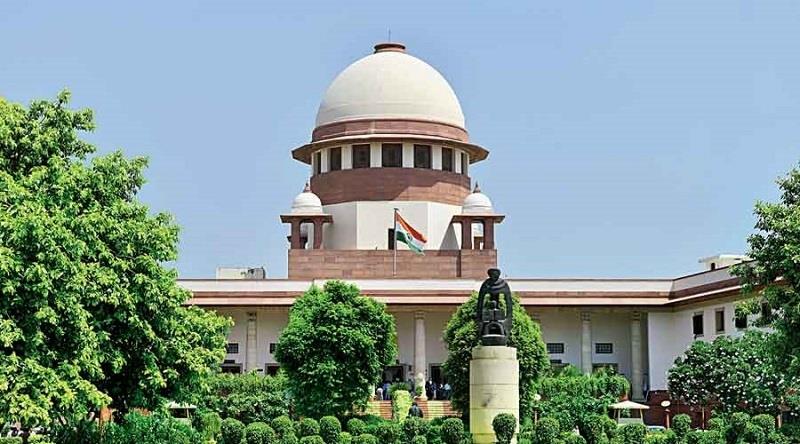
SC Upholds Widow's Inheritance Rights Under Muslim Law
File Photo Of Supreme Court Of India
New Delhi- The Supreme Court has said that an agreement to sell a property does not transfer the ownership rights and ruled that all assets left behind by a deceased person form part of ancestral property to be distributed as per Muslim law.
The top court, in its judgement, also expressed strong displeasure over the poor quality of English translation of a trial court judgement, stressing that translations must faithfully capture the meaning and spirit of the original text to ensure fair adjudication in appellate proceedings.
“Before parting with the matter, we record our dissatisfaction with the manner in which the judgement of the learned civil court was translated into English.
“In matters of law, words are of indispensable importance. Each word, every comma has an impact on the overall understanding of the matter,” it said.
ADVERTISEMENT“Due care has to be taken to ensure that the true meaning and spirit of the words in the original language are translated into English for the courts in appeal to comprehend what had transpired below...,” a bench comprising justices Sanjay Karol and Prashant Kumar Mishra said.
The verdict came on a case filed by a woman named Zoharbee against the Bombay High Court verdict.
The case arose from a family dispute over properties left by Chand Khan, who died without children.
His widow Zoharbee claimed three-fourths of the property, contending that it was 'matruka' property under Muslim law.
His brother, Imam Khan, contested the claim, arguing that the properties had already been transferred to third parties during Chand Khan's lifetime through agreements to sell.
“An agreement to sell does not confer any rights nor does it vest any interest into the party that agrees thereby to buy a particular property. This is a well acknowledged position in law,” it said.
It held that since the sale deeds were executed only after Chand Khan's death, the property continued to vest in him at the time of his demise and must, therefore, be treated as 'matruka' property.
“The property agreed to be sold was, at the relevant time, still the property of Chand Khan and therefore would be subject to division of property as per the applicable law,” Justice Karol wrote in the judgement.

Legal Disclaimer:
MENAFN provides the
information “as is” without warranty of any kind. We do not accept
any responsibility or liability for the accuracy, content, images,
videos, licenses, completeness, legality, or reliability of the information
contained in this article. If you have any complaints or copyright
issues related to this article, kindly contact the provider above.


















Comments
No comment